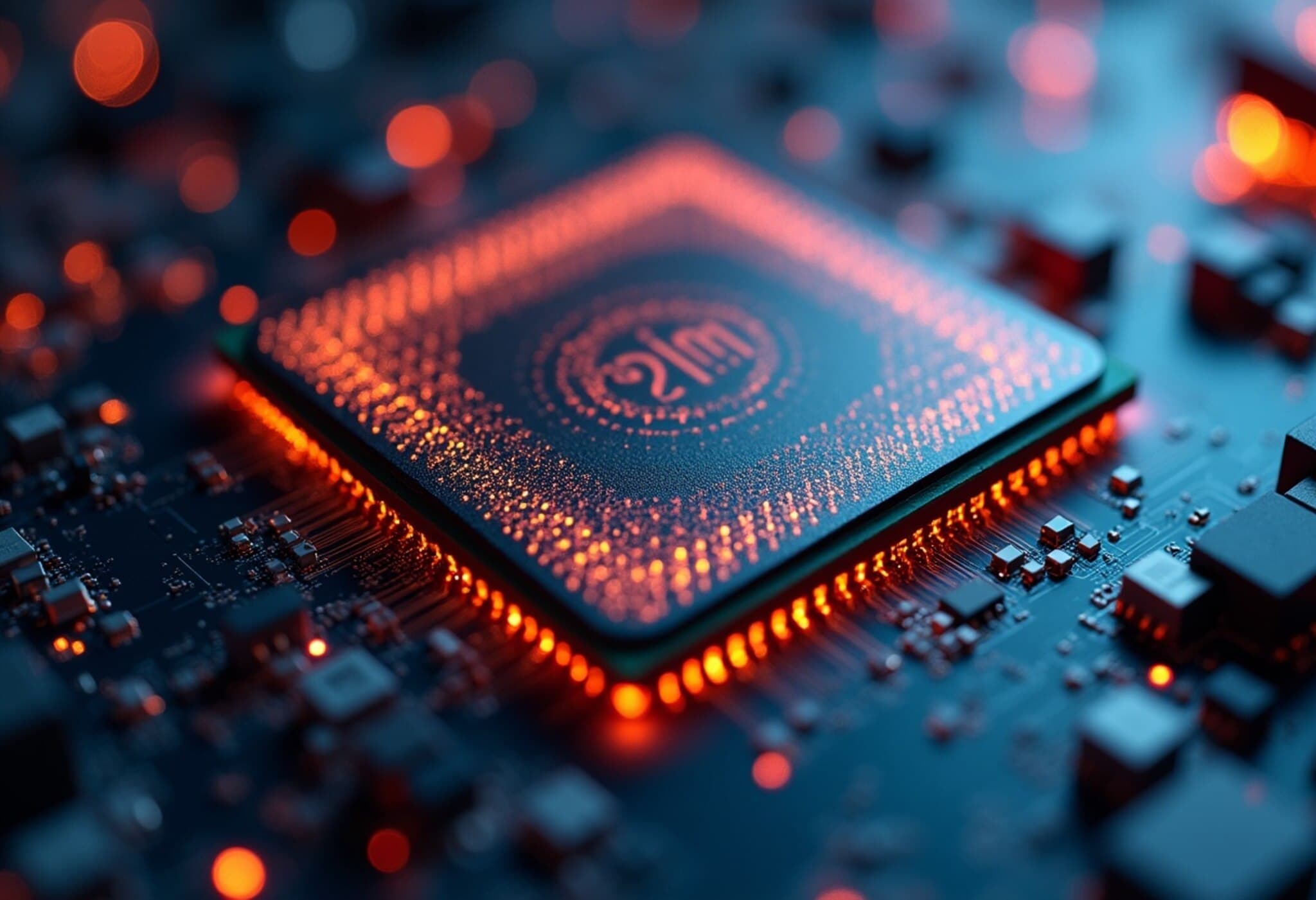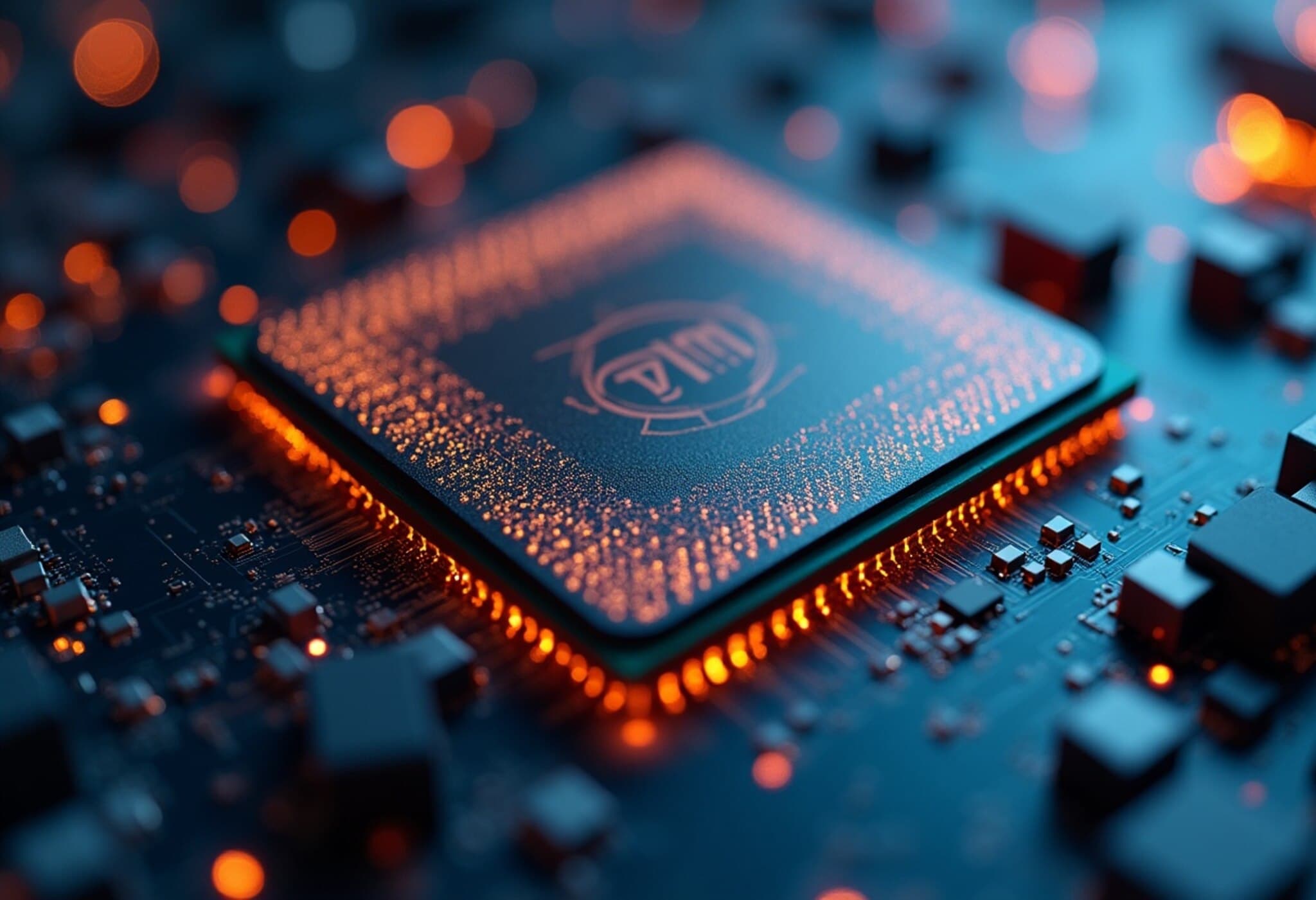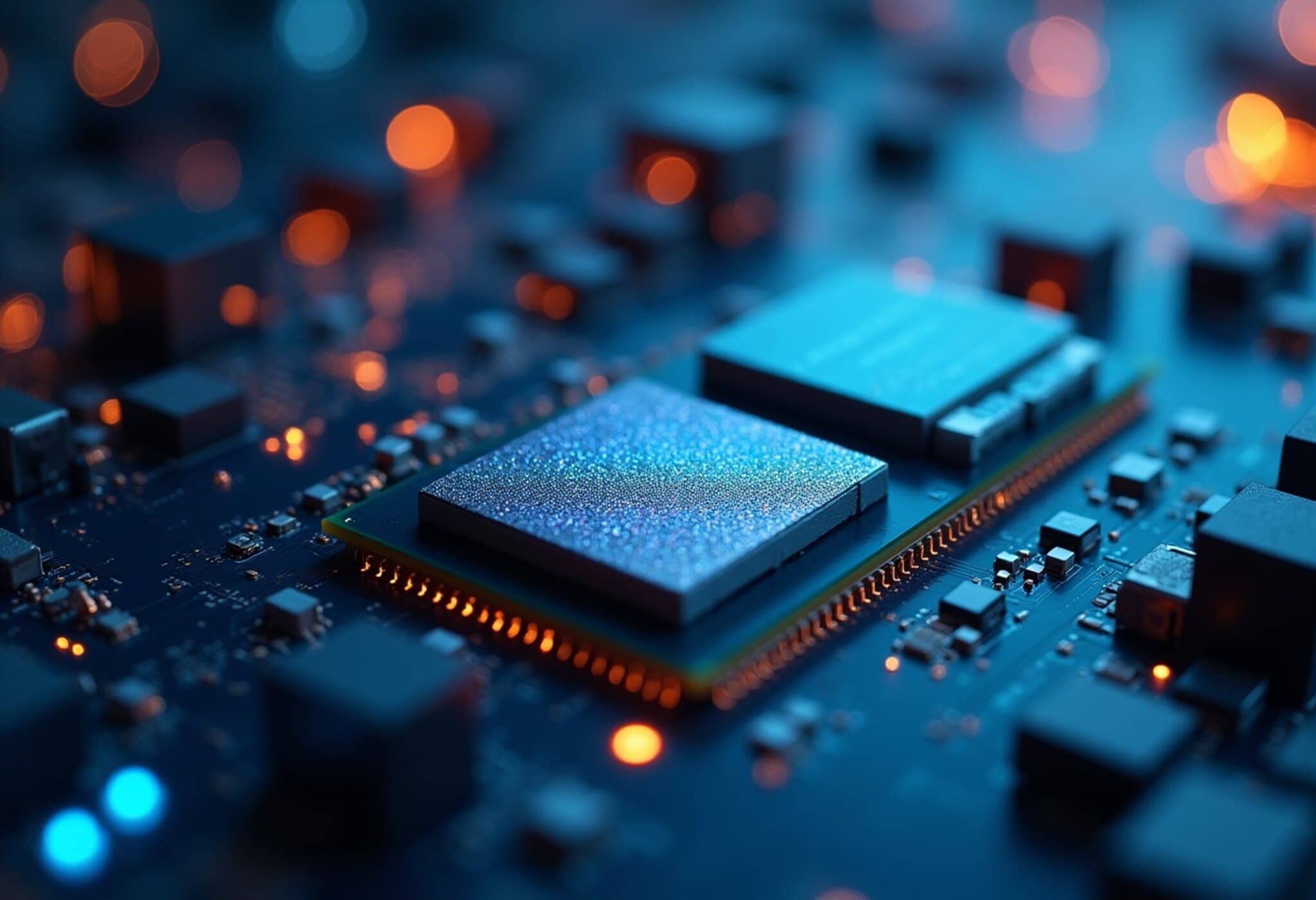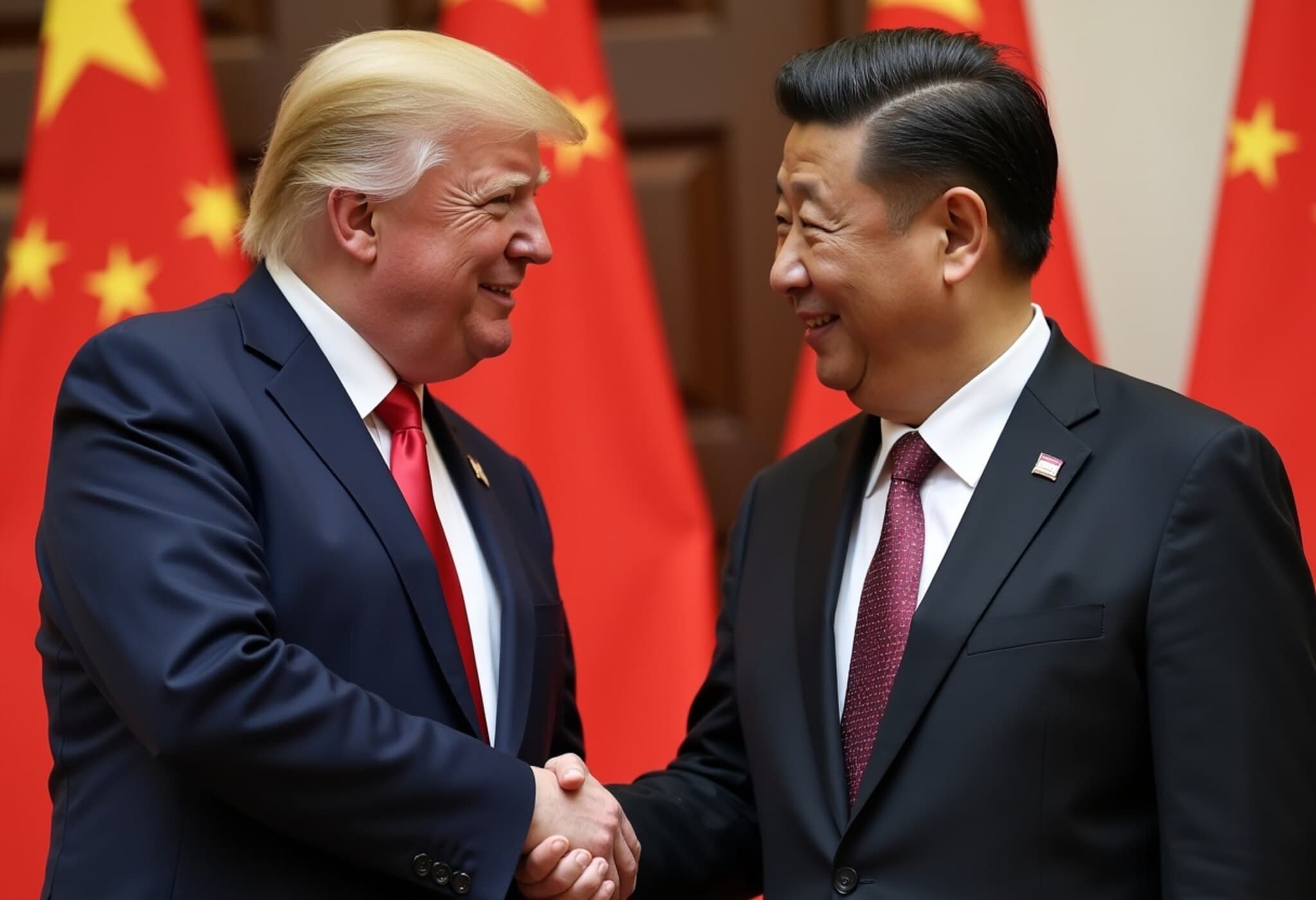TSMC Launches Probe After Suspected Leak of Cutting-Edge 2nm Chip Secrets
Taiwan Semiconductor Manufacturing Company (TSMC), the undisputed titan of the global chip manufacturing industry, has recently taken decisive action against employees suspected of leaking sensitive information about its breakthrough 2-nanometre (2nm) process technology. This revelation has sent ripples through the semiconductor sector, highlighting the fierce competition and high stakes surrounding next-generation chip development.
Unpacking the Incident: What Happened?
During routine internal monitoring, TSMC uncovered unauthorized activities that pointed to potential breaches involving proprietary data tied to its pioneering 2nm chip technology. The company swiftly dismissed several employees implicated in the probe. While TSMC has been cautious not to disclose detailed specifics about the exact nature of the leaked data or its intended use, sources confirm that the case has escalated to Taiwan’s judicial authorities for further examination.
The suspected leak centers on information related to the 2nm process, a milestone advancement poised to redefine the semiconductor landscape with enhanced performance, energy efficiency, and computing power. Access to such sensitive IP not only threatens TSMC’s competitive edge but also has broad geopolitical and economic implications given the chip’s strategic importance.
The 2nm Process: Why It Matters
The 2nm chip technology represents the frontier of semiconductor manufacturing. Expected to enter mass production later this year, it symbolizes a leap forward in nanometre-scale engineering where every fraction of a nanometre translates to exponential gains in speed and energy consumption. Only a select group of global giants—including TSMC, Samsung Electronics, Intel, and Japan’s Rapidus—are racing to commercialize this highly complex and capital-intensive technology.
In the context of today’s technology landscape, 2nm chips are crucial to powering the next wave of artificial intelligence applications, high-performance computing, smartphones, and beyond. As such, protecting the intellectual property associated with these advancements is paramount not only for industry competitiveness but also national security.
Legal Protections and National Security
Taiwan’s amended National Security Act (2022) categorizes trade secrets related to “National Core Critical Technologies” as sensitive and offers them robust criminal protections. Unauthorized disclosure or misuse of such information can trigger prosecution, underscoring the legal gravity of TSMC’s ongoing investigation.
TSMC’s Unmatched Market Dominance
TSMC’s influence extends far beyond Taiwan’s shores. Holding more than three times the market share of its nearest rival, Samsung, the company produced nearly 12,000 unique chip designs for over 500 clients in 2024 alone. Its wafer production capacity stands at an impressive 17 million 12-inch equivalent wafers annually, spanning advanced manufacturing facilities across Taiwan, the US, Japan, China, and Europe.
Financially, the company continues to soar; for Q2 2025, consolidated revenue hit NT$933.79 billion (approx. $30 billion), marking a 38.6% year-over-year increase, while net profit surged 60.7% to NT$398.27 billion ($13.5 billion). Impressively, advanced process technologies – those cutting-edge nodes from 7nm down to 2nm – now represent about 74% of the wafer revenue, with 3nm and 5nm nodes delivering 24% and 36% revenue shares respectively.
Looking ahead, TSMC forecasts a buoyant Q3 revenue range of $31.8 billion to $33 billion, driven by escalating demand from AI and high-performance computing sectors. This demand not only amplifies TSMC’s commercial success but also intensifies the importance of safeguarding its innovations against leaks and espionage.
Expert Insights: The Broader Implications of Semiconductor Leaks
The semiconductor industry is often called the backbone of the modern economy – chips power everything from smartphones to sophisticated defense systems. In this ecosystem, intellectual property theft or espionage can unravel years of painstaking research, potentially shifting technological advantages between nations and corporations overnight.
From a US policy perspective, recent years have seen increased emphasis on securing semiconductor supply chains through initiatives like CHIPS Act, underlining the strategic value of chipmaking capabilities. TSMC’s incident serves as a stark reminder that internal security and trade secret protection are just as critical as external factors.
Moreover, such incidents raise vital questions about the growing sophistication of cyber and corporate espionage efforts targeting global tech leaders. It calls for a compounded approach integrating legal frameworks, advanced cybersecurity, employee vigilance, and international cooperation.
Editor's Note
TSMC’s swift response to the suspected leak signals the high stakes surrounding cutting-edge semiconductor innovation. As the world hurtles toward AI-driven futures and hyperconnected technologies, the security of intellectual property becomes a matter not just of business survival but national security. This incident invites ongoing scrutiny on how industry leaders and governments must collaboratively safeguard these critical technologies while balancing transparency and competitive secrecy.
Readers and stakeholders should watch for further legal developments in Taiwan’s courts and consider the broader ripple effects such breaches could have on global tech ecosystems and geopolitical power dynamics.


















